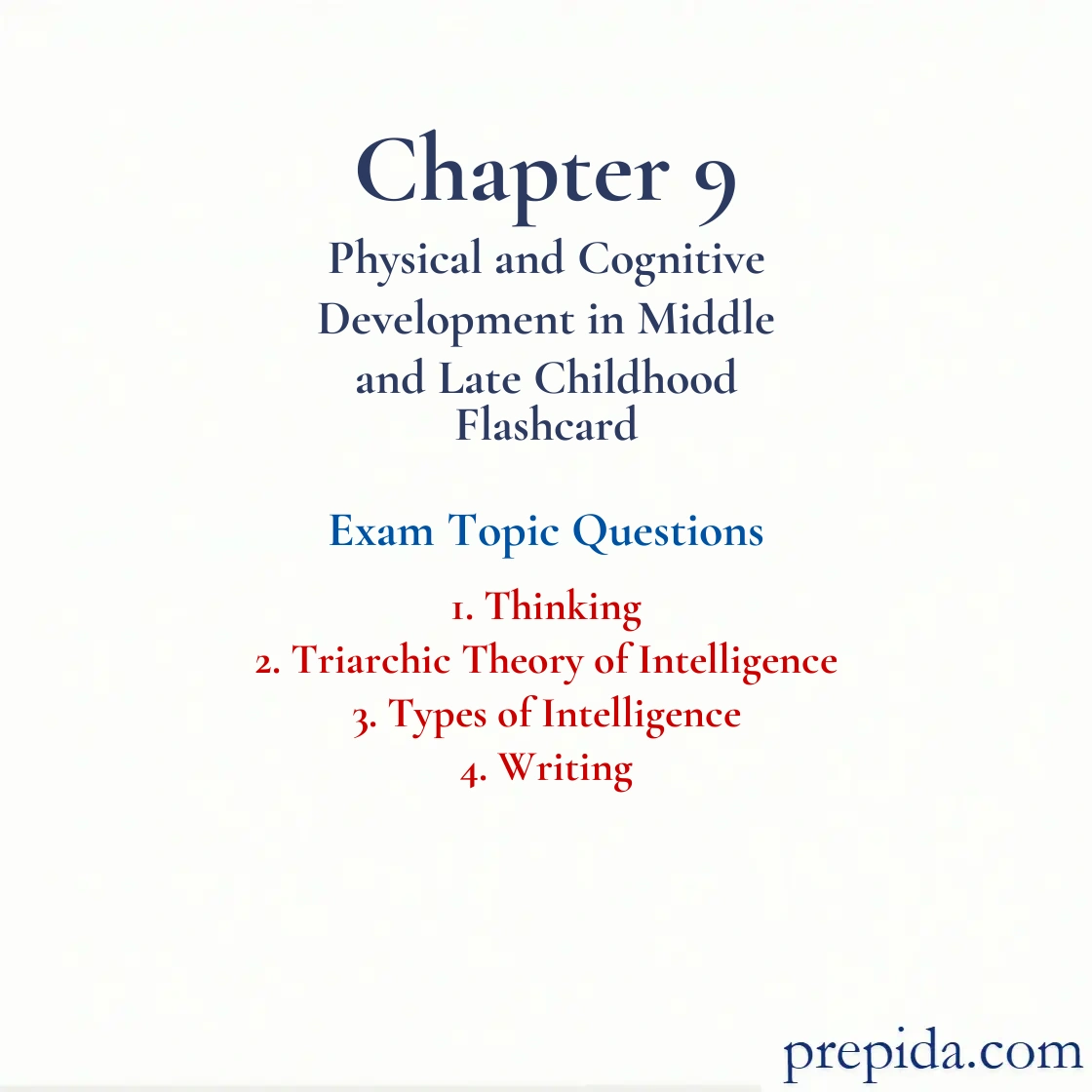
________ thinking characterizes the kind of thinking that is required on conventional tests of intelligence.
- Convergent
- Creative
- Divergent
- Abstract
Convergent Thinking: Thinking that produces one correct answer and is characteristic of the kind of thinking tested by standardized intelligence tests.
Emily has the ability to think about things in novel and unusual ways; this allows her to come up with unique solutions to problems. This ability is called ________ thinking.
- logical
- analytical
- critical
- creative
Creative Thinking: The ability to think in novel and unusual ways and to come up with unique solutions to problems.
The type of thinking that produces many answers to the same question is called ________ thinking. This kind of thinking characterizes creativity.
- divergent
- convergent
- oblique
- finite
"What would you do if you could be invisible for a day?" is an example of a question that has many possible answers and fosters ________ thinking.
- divergent
- convergent
- critical
- oblique
Which of the following is a type of intelligence identified in Robert J. Sternberg's triarchic theory of intelligence?
- cultural intelligence
- practical intelligence
- spatial intelligence
- verbal intelligence
Intelligence: Problem-solving skills and the ability to learn from and adapt to the experiences of everyday life.
Although Casey scores only about average on standardized intelligence tests, she is street-smart and has excellent social skills and good common sense. Given a problem, Casey will try her best to arrive at a solution. Most of her friends and family appreciate this about her as she seems to be able to find ways to get things done on her own. In the context of Sternberg's theories, she has ________ intelligence.
- spatial
- practical
- analytical
- interpersonal
Practice Play: Play that involves repetition of behavior when new skills are being learned or when physical or mental mastery and coordination of skills are required for games or sports.
Nathan Brody and many other researchers have observed that people who excel at one type of intellectual task are
- likely to underperform in other tasks.
- evidence that multiple-intelligence approaches are correct.
- proof that intelligence is a number of specific abilities.
- likely to excel at other tasks, too.
Gifted: Having above-average intelligence (an IQ of 130 or higher) and/or superior talent for something.
Which of the following is a type of intelligence identified by Howard Gardner?
- intrapersonal
- analytical
- practical
- creative
Intelligence: Problem-solving skills and the ability to learn from and adapt to the experiences of everyday life.
According to Howard Gardner's theories, who among the following would need to have good spatial abilities to be successful?
- journalists and authors
- theologians and psychologists
- botanists and landscapers
- architects and sailors
Attachment: A close emotional bond between two people.
Colin does not get good grades on standardized tests and does not seem to be making an effort to improve his grades. He is more interested in martial arts and has earned a black belt in this field. In the context of Gardner's theories, Colin has ________.
- spatial skills
- intrapersonal skills
- bodily-kinesthetic skills
- naturalist skills
Standardized Test: A test with uniform procedures for administration and scoring. Many standardized tests allow a person’s performance to be compared with the performance of other individuals.
Howard Gardner suggests that there are ________ types of intelligence.
- four
- six
- eight
- eleven
Intelligence: Problem-solving skills and the ability to learn from and adapt to the experiences of everyday life.
Robert J. Sternberg's triarchic theory and Howard Gardner's theory of intelligence are examples of the idea that
- intelligence is a general ability.
- there are three types of intelligence.
- intelligence consists of a number of specific abilities.
- culture plays an important role in the development of intelligence.
Violet is teaching her 6-year-old child to write sentences. She notices that, most of the time, if he can't spell a word, he makes up his own spelling. Which of the following approaches should she follow to make her son a competent writer over time?
- She should be overly concerned about how he forms letters and words and should send him for after-school coaching sessions.
- She should discourage him from writing so that he knows he must pay more attention.
- She should give him fewer writing opportunities and instructions so that he improves independently.
- She should encourage him to apply what he has learned in one paper to another paper.
Assimilation: Piagetian concept of using existing schemes to deal with new information or experiences.